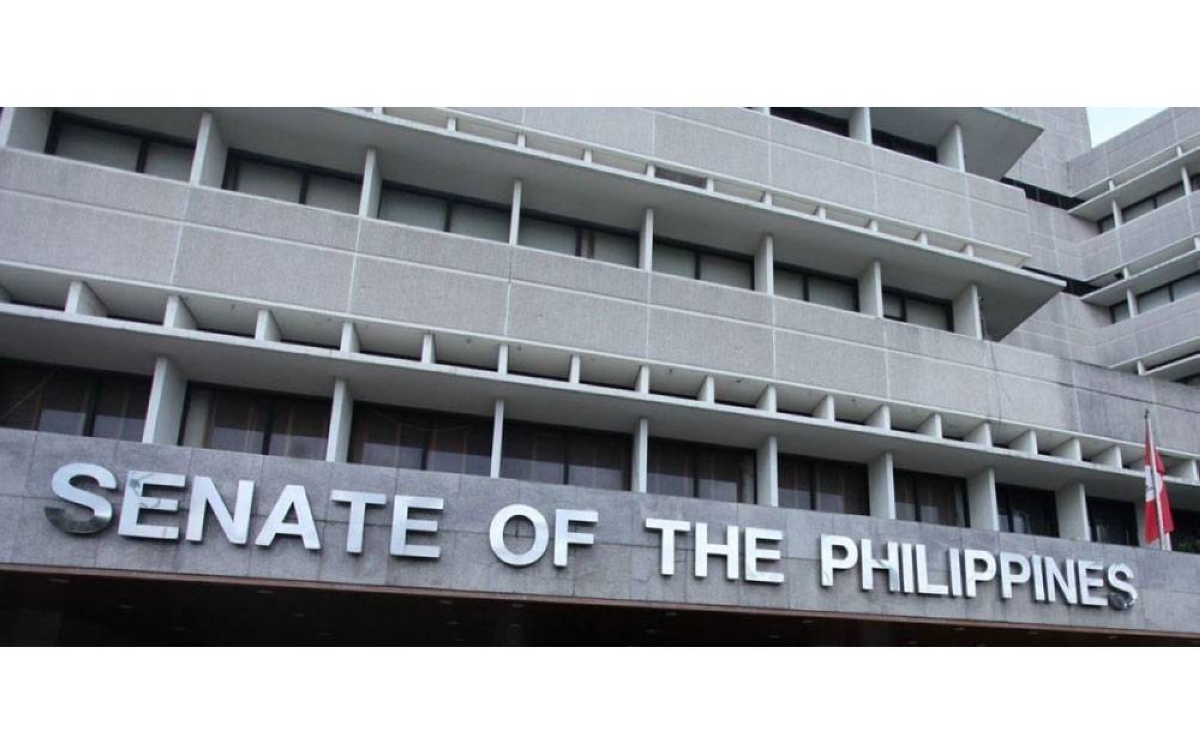The Senate Approves Grant of Amnesty to Former Members of Communist Groups
In a significant development, the Senate voted 23-0 to adopt House Concurrent Resolution 20, which approves the grant of amnesty to former members of the Communist Party of the Philippines-New People’s Army-National Democratic Front (CPP-NPA-NDF). This move allows individuals who have committed crimes in furtherance of their political beliefs, as punishable under the Revised Penal Code and Special Penal Laws, to apply for amnesty. With the Senate’s concurrence with Presidential Proclamation 404, approximately 3,000 former members of communist groups can now seek amnesty granted by Malacañang.
Amnesty Applicants and the Path to Reconciliation
According to data from the Office of the Presidential Adviser on Peace, Reconciliation, and Unity (OPAPRU), there is a possibility of more amnesty applicants emerging from the pool of over 17,000 surrenderers and over 22,000 individuals who have withdrawn their support from the CPP-NPA-NDF. Senator Jose “Jinggoy” Estrada, Chairman of the Senate Committee on National Defense and Security, Peace, Unification, and Reconciliation, called upon various government bodies, such as the OPAPRU, National Amnesty Commission, Department of Justice, Armed Forces of the Philippines, Department of National Defense, and Philippine National Police, to ensure that the amnesty measures are not merely treated as policy but are fully and faithfully implemented.
Estrada emphasized the objective of transforming lives and communities, encouraging former rebels and combatants to reintegrate into society and actively participate in nation-building within the framework of a peaceful and deliberative society. Under Section 4 of the proclamation, the amnesty will extinguish the criminal liability of former rebels for acts committed in pursuit of their political beliefs and restore their civil and political rights that were suspended or lost due to criminal conviction.
Limitations and Vetting Process
It is important to note that the amnesty will not apply to individuals charged under the Human Security Act of 2007 and the Anti-Terrorism Act of 2020. Furthermore, it does not cover former rebels who have committed heinous crimes such as kidnap for ransom, massacre, rape, terrorism, crimes against chastity, crimes committed for personal gain, violation of the Comprehensive Dangerous Drugs Act of 2002, grave violations of the Geneva Convention of 1949, as well as genocide, crimes against humanity, war crimes, torture, enforced disappearances, and other gross violations of human rights.
To ensure that only qualified individuals are granted amnesty, the National Amnesty Commission and local amnesty boards, in collaboration with other government agencies, will conduct a thorough vetting process. This process aims to carefully assess the eligibility of applicants and prevent any misuse or abuse of the amnesty program.
A Step Towards Reconciliation and Nation-Building
The approval of the grant of amnesty to former members of communist groups marks a significant step towards reconciliation and peace-building in the Philippines. By providing an opportunity for individuals to reintegrate into society and contribute positively to the nation’s development, the amnesty program seeks to create a more inclusive and harmonious environment.
It is crucial for all relevant government bodies to work together diligently and effectively to ensure the successful implementation of the amnesty measures. By doing so, they can facilitate the transformation of lives, communities, and ultimately, the nation as a whole. The amnesty program, when executed with integrity and fairness, has the potential to foster healing, unity, and progress for the Philippines.







